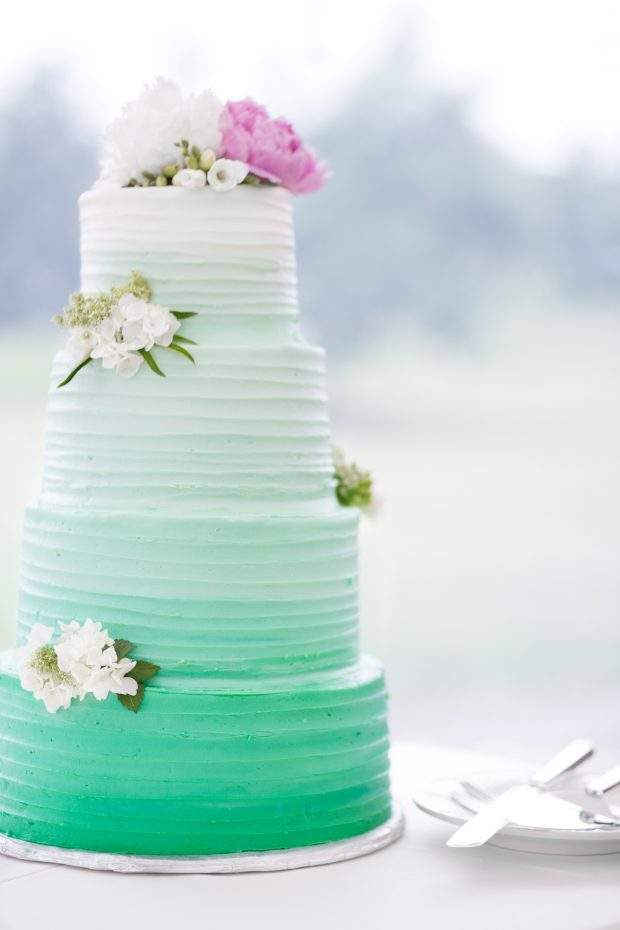Home » BLOG & NEWS » How to Avoid Wedding Budget Creep

SEARCH FOR
CATEGORIES
How to Avoid Wedding Budget Creep

Published March 26th, 2018
In French’s Point’s Wedding Budget Series, I’ve spent some time discussing how important it is for couples to discuss their finances as they relate to their wedding early in the planning process and about their priorities for the celebration and the amount of money they have to make it all happen. This is all critical to creating a realistic budget and one you can stick to throughout the process. Few things in life are as emotionally charged as a wedding. But, making money decisions from an emotional place without a plan can result in surprises and disappointment. Here are a few tips to help you stick to your wedding budget:
#1 Put Your Heads (and Hearts) Together
Take the time to sit down early in the planning and define very clearly to one another your list of priorities for your wedding. What’s worth splurging on and what’s not so worth a splurge? Most brides and grooms find they have similar lists, but there is often variation in where each element is placed on the list. The bride, for example, might think food and beverage service is number one in importance, while the groom might think food and beverage is third and the venue is number one. Whatever the similarities or differences, come together on how to order your top three. And then gather up the remaining categories and organize them in order of importance (You’ll probably find these fall into place fairly quickly after the top three are agreed upon.)
#2 Yours, Mine, Ours
Now that you know where your priorities lie and what your joint vision is, determine what sources of money will be available to cover the expenses for the wedding. Sometimes couples are funding their wedding themselves. Other times, other family members or special folks are chipping in on specific items or toward a part of the whole cost. You need to have conversations with these people if you can identify the total pool of resources available to you.
#3 Ideal Versus Actual
Now, I suggest you devise two budget numbers — how much you’d like to spend and how much if push came to shove you could afford to spend. The latter figure should be avoided as much as possible – the preference budget should be what you stick to. But it’s also good to have that absolute cap figure in your planning should you start to rationalize higher prices for perks you come across that you really like. What you don’t want to do is shop around first, fall in love with services that don’t fit within your budget, and then try and figure out how to afford it all. That’s letting your emotions take charge of your wallet, which any money manager will tell you spells trouble.
#4 Hire a Wedding Planner
One of the many skills a wedding planner offers is the ability to help you create and manage a wedding budget. This is an invaluable tool and the cost of the wedding planner is money wisely spent. Once you have completed steps 1-3, its time to bring in the professional to really answer your questions and set a plan into place. Wedding Planners know the cost of services for the vendors which they recommend or can obtain that information for you.